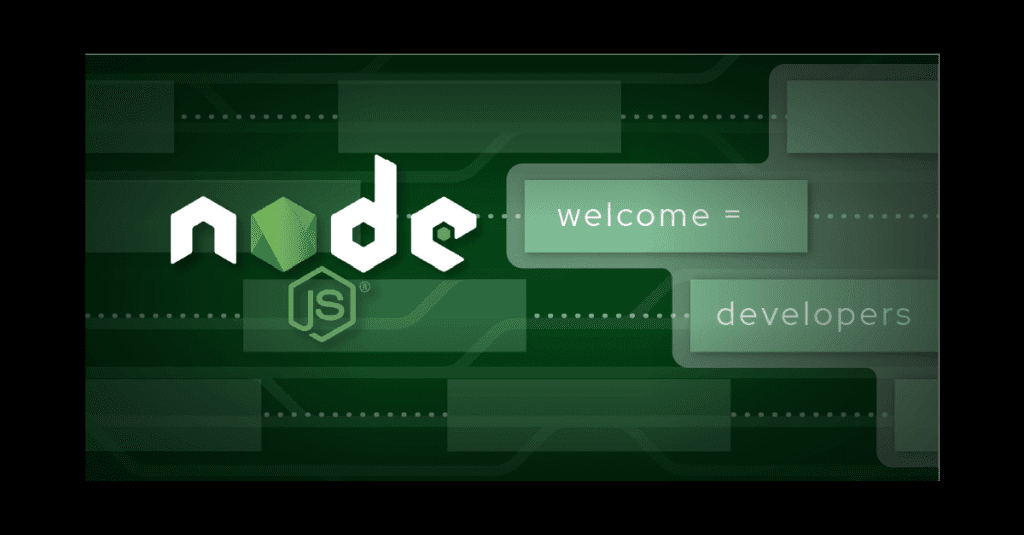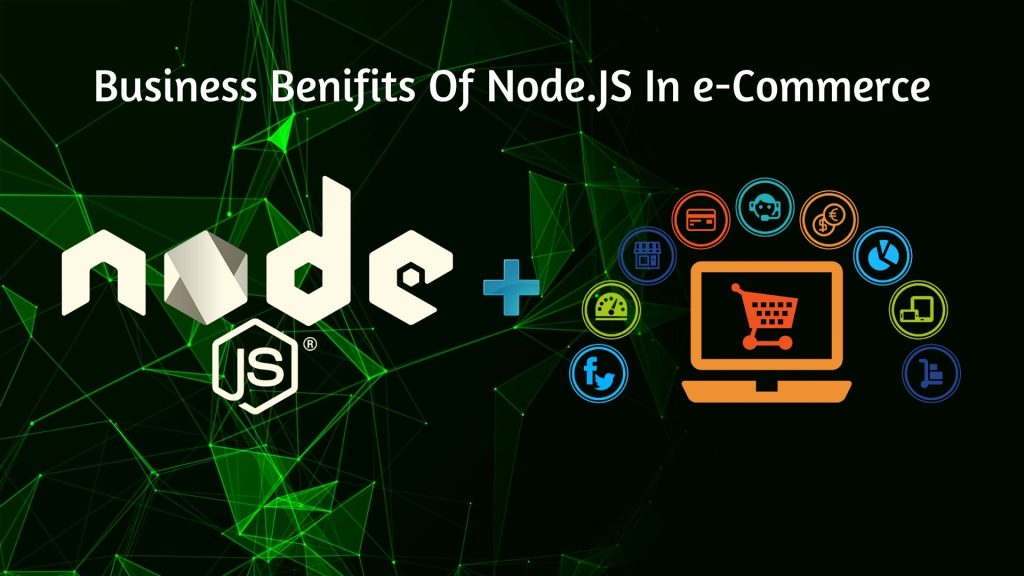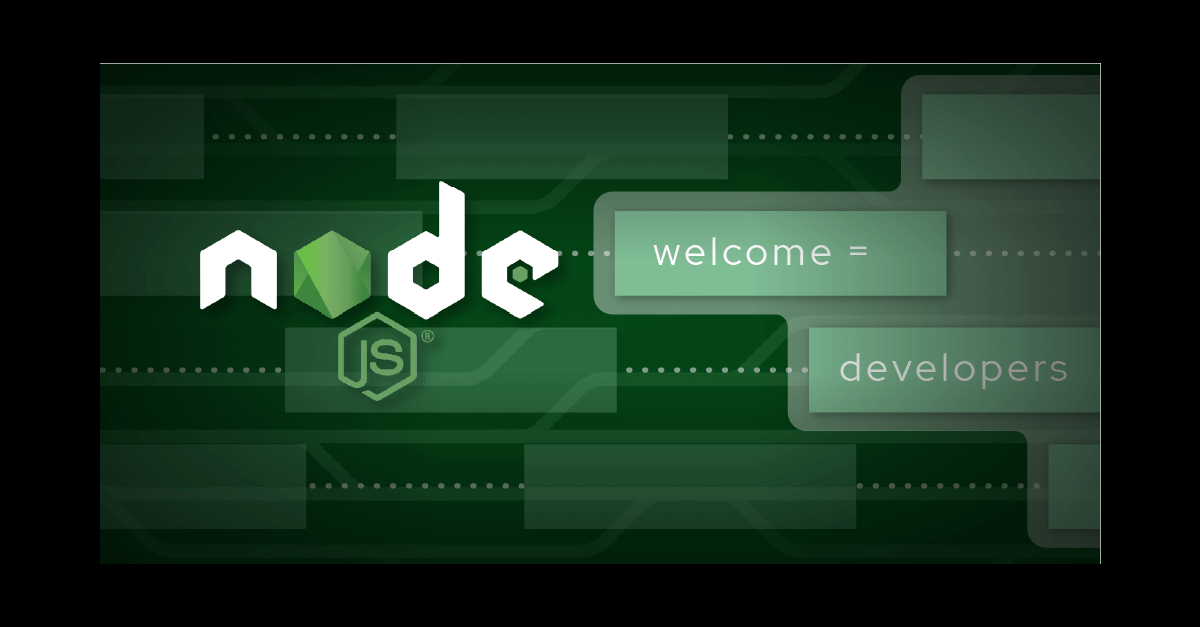
As is customary, Node JS released their latest update, version 16 in April 2021. With this update, version 10 has now been shut down. In keeping with their practice, version 16 will enter Long Term Support in October at which point version 14 will go into Long Term Support.
It bears noting that Node JS only maintains Long Term Support on even numbered version. So, if you’re thinking of upgrading, now is the time to do it. Note also that version 14 will be shut down in April 2023, so don’t procrastinate.
So, what’s new?

- Prebuilt binaries for Apple Silicon.
One of the most significant enhancements is the inclusion of prebuilt binaries for Apple Silicon. This is Apple Inc.’s revolutionary “system on a chip” which is set to replace Intel chips and other third-party components. This is big news because doing away with the need for an emulation layer will enable much-improved performance on new Apple devices. - Abort Controller
Another welcome feature is the Abort Controller. Although introduced in Version 15, this functionality is now designated as stable. The feature allows a user to abort a request. In previous versions, users could only unsubscribe. This meant that the request was still executed and completed. The user just ignored the result. - Web Crypto API
Version 16 introduces Web Crypto API in experimental mode. This now provides onboard support for cryptographic functions such as encryption and decryption, generation and verification of signatures, and so forth. Previously this was done through external libraries which were sometimes considered inefficient. - V8 upgrade
V8, the JavaScript engine on which Node JS runs, has also now been upgraded from Version 8.6 to Version 9. Version 9 brings several performance enhancements to the table that will benefit Node JS developers.
What does Node JS do for me?

Well, let’s first see what Node JS actually does. The most important differentiating feature of Node JS is its ability to execute processes simultaneously. It is referred to as non-blocking. Practically this means that the server does not wait for one API to return a response before initiating the next API. In applications that handle vast amounts of data across multiple devices and platforms, this makes a massive difference to performance and response times.
It is extremely scalable and has a relatively low learning curve. As such, it works for any application from a one-man business to behemoths like PayPal and Yahoo. Node JS provides performance efficiency from the outset and remains efficient no matter the application grows. This makes it eminently suited to startups that cannot predict where their business will go.
Call an expert
Despite it being touted as an easy-to-learn “language”, it is nevertheless highly recommended that you work with experts when embarking on any new development. The experts have often learned the hard way. They have experience in what works best or not at all.
Hire a Node developer to ensure that your application starts off optimally and provision is made for whatever growth you may anticipate. Contact ALEAIT SOLUTIONS. We have a team of highly experienced Node developers that will work with you to deliver a world-class application.
















